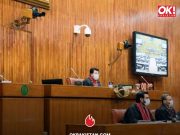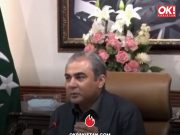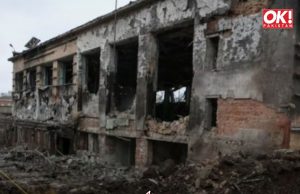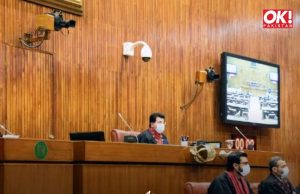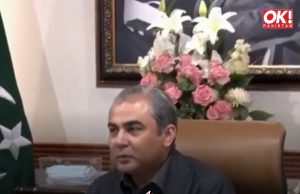Shehryar Afridi and Shandana Gulzar, two leaders of the Pakistan Tehreek-e-Insaf (PTI), had been imprisoned since the third week of May when the Islamabad High Court (IHC) halted the detention orders and ordered their immediate release on Wednesday.
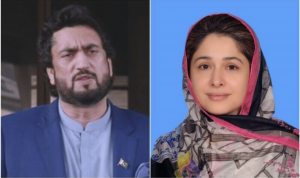
A single-member bench composed of Justice Babar Sattar stated that the authorities had failed to convince the court that there existed an objective cause to hold the PTI leaders when hearing their appeals against their incarceration under Section 3 of the Maintenance of Public Order (MPO) Ordinance.
The politicians were ordered released immediately, with the court noting that they might return to their Islamabad homes as long as they did not leave the court’s jurisdiction without authorization.
With regard to any other matter, the IHC has made it plain that neither Afridi nor Gulzar would be arrested or transferred from the territory of this court.
It stated that the Islamabad inspector general of police and chief commissioner would be directly responsible for protecting the PTI leaders and making sure they could show up to court hearings whenever the case was called.
On May 16th, during a massive crackdown against the ruling party, Afridi and Gulzar were arrested. After party chairman Imran Khan’s detention on May 9, suspected supporters of the Pakistan Tehreek-e-Insaf (PTI) vandalised and set fire to state and army facilities and memorials.
The IHC stated in its written judgement that the district magistrate’s detention order for Afridi appeared to be without legal basis.
While the petitioner was locked up in Adiala Jail for over 85 days, the district magistrate made the unbelievable claim that he was instigating the people at large in Islamabad.
If inmates in jail can continue to provoke the public and threaten public order, this calls into question the effectiveness of our prison system and makes MPO seem unnecessary.
The IHC ruled that there was a jurisdictional flaw in the assailed order and that it was unclear whether or not the district magistrate had been assigned authority under Section 26 of the MPO.
The court added that it appears the detention orders issued in Punjab, the KP, and Islamabad had been synchronised in such a way that a subsequent order was issued like clockwork to keep the petitioner in detention before or at the time of the expiry, withdrawal, or setting aside of a detention order.
The district magistrate “appears to have accepted the request for issuance of the order as the command of a superior,” according to the report and the submissions.
“[He saw it as] the expression of apprehension on the part of police authorities t… as Gospel, without independent application of mind before exercise of authority, undermining the petitioner’s right to liberty guaranteed by Article 9 of the Constitution,” he wrote.
Despite this, the court said it would give the state that was sued until August 28 to present the necessary documentation to prove that the impugned order was not issued in bad faith or was lacking in jurisdiction.
As a result of allegations of contempt of court, the IHC has also decided to indict the district magistrate and the Islamabad senior superintendent of police operation.
Case of MPO
On the other hand, the Lahore High Court (LHC) stayed a single-bench ruling on Wednesday that would have required district authorities to obtain court authorization before detaining an individual under Section 3 of the MPO.
The Deputy Commissioner’s right to hold anyone, at any time, without a warrant, was reinstated by a division bench of the LHC Rawalpindi Registry.
A two-week deadline was set by the bench of Justice Jawad Hassan and Justice Mirza Waqas Rauf for parties to file their responses.
Accused criminals
On Wednesday, proceedings began at an anti-terrorism court (ATC) in Lahore to have three PTI leaders proclaimed criminals (POs).
The court ordered the prosecution to announce Hammad Azhar, Zubair Khan Niazi, and Khalid Gujjar’s appearance in the media.
On the basis of an application submitted by the police, Additional Sessions Judge Ijaz Ajmad Buttar commenced proceedings under Section 87 of the Code of Criminal Procedure (CrPC).
In the application, the investigating officer at the Race Course Police Station in Lahore pleaded to begin the process of declaring the PTI leaders POs because they had refused to cooperate with the investigation into the arson of police cars at the Lahore home of the PTI chief.




